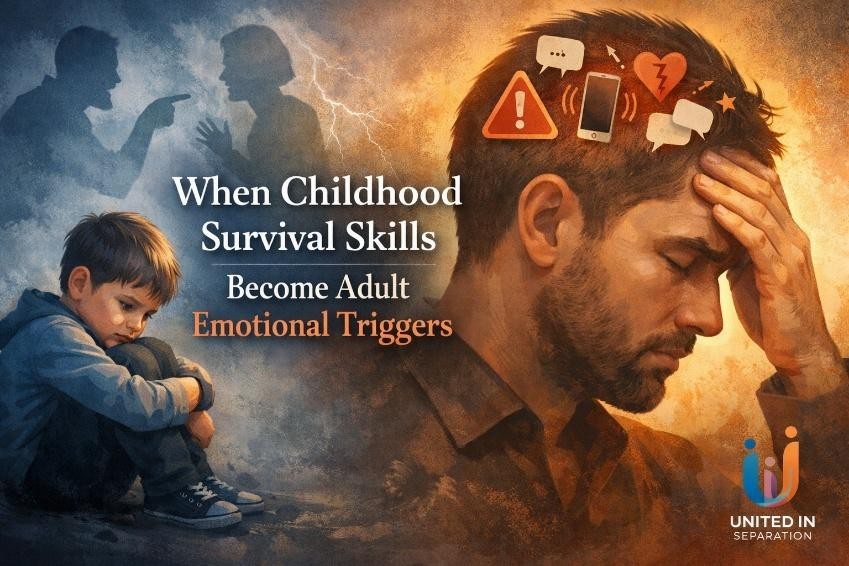An Attitude That Hinders Progress.
In both personal and professional contexts, the attitude of “I won’t move if you don’t move” can be detrimental to individual growth, relationship dynamics, and overall progress.
This mindset reflects a stubborn insistence on waiting for others to take the first step, leading to stagnation and missed opportunities. Whether in interpersonal relationships, workplace environments, or broader societal interactions, this attitude hinders positive change and impedes forward momentum.
At its core, the “I won’t move if you don’t move” mindset is rooted in a fear of vulnerability and a reluctance to take risks.
It often emerges from a desire to maintain control and avoid potential disappointment or failure.
However, this approach limits one’s ability to adapt, innovate, and collaborate effectively. Instead of fostering growth and meaningful change, it reinforces a pattern of inaction and complacency.
In personal relationships, this attitude can manifest as a reluctance to address issues or make compromises unless the other party does so first. This can lead to a destructive cycle of stubbornness and resentment, preventing the resolution of conflicts and inhibiting emotional growth.
In professional settings, individuals who adopt this mindset may resist change and innovation, impeding the progress of teams and organisations.
To combat the limitations imposed by this attitude, a shift toward proactive and open-minded behaviour is essential. Embracing a mindset that prioritises personal agency, empathy, and courageous action can pave the way for positive change and growth. By taking the initiative to communicate, empathise, and seek common ground, individuals can break free from the cycle of inaction and foster meaningful progress in their relationships, workplaces, and communities.
Embracing a proactive approach to interpersonal and professional interactions can lead to enhanced communication, creative problem-solving, and the cultivation of mutually beneficial outcomes. It empowers individuals to take ownership of their choices and outcomes, fostering resilience and adaptability in the face of challenges.
Just remember that the “I won’t move if you don’t move” attitude is a path to self-destruction and a hindrance to progress. By embracing a proactive and open-minded approach to interactions and challenges, individuals can transcend the limitations of this mindset, foster positive change, and contribute to a culture of growth and collaboration.



